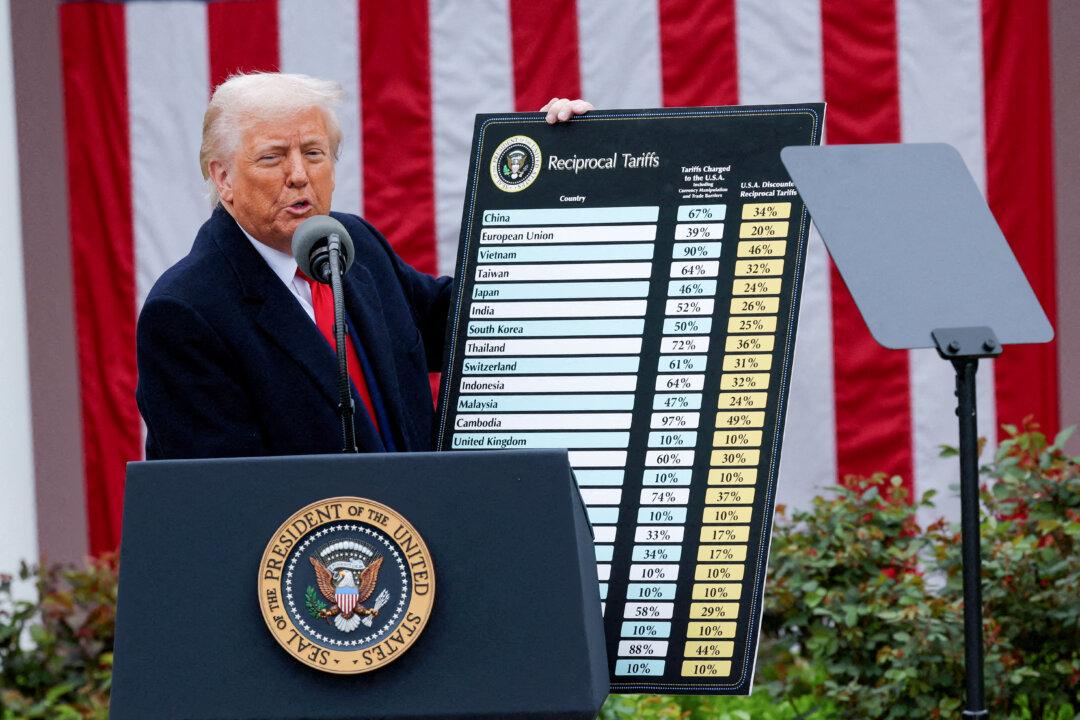The U.S. International Trade Court on April 22 denied a request by five U.S. small businesses to block President Donald Trump’s decision to impose tariffs on nearly all countries.
Liberty Justice Center filed the request on April 18 on behalf of the five owner-operated businesses that rely on imports, seeking a temporary restraining order to block the tariffs, which they alleged were unlawful.





